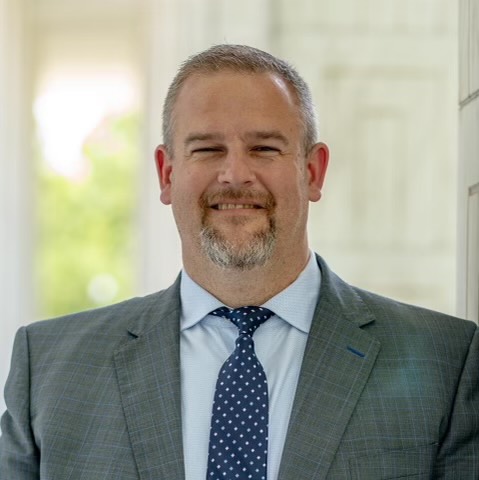As students gear up for midterms, we can expect to hear the continued narrative about the student cheating “crisis” and the need to protect academic integrity. While cheating certainly happens and should be addressed, it’s important to recognize that some organizations who are raising the alarm about “systemic” cheating are the same people who stand to benefit financially from efforts to crack down on this issue.
Take “The Score,” for example, a podcast dedicated to “exploring issues of academic integrity.” On the podcast, professors discuss the issue of cheating in college, with some episodes focusing on professors’ personal experiences, as well as issues revolving around test administration and test security. While this might seem harmless, you may be surprised to learn that this podcast is underwritten in part by Meazure Learning — formed by ProctorU and Yardstick Assessment Strategies, which both sell products aimed at addressing student cheating.
It is no coincidence that companies that stand to benefit from convincing professors that cheating is rampant would fund media that promotes this messaging, but it does call into question whether their top concern is academic integrity or their own bottom line.
Then you have groups like the American Consumer Institute Center for Citizen Research, which recently launched an “Academic Integrity Project” to “End Systematic Cheating on College Campuses.” This new effort seemingly emerged out of nowhere, particularly considering this right-leaning organization focuses primarily on fighting against taxes and regulations and for the “freedom for consumers to make their own choices.” Apparently this freedom does not apply to students who choose to use online educational resources like Course Hero, Chegg, or Quizlet, which the Academic Integrity Project characterizes as “threatening” to the integrity of an education.
ACI’s initiatives and policy priorities reflect those of its donors, who are undisclosed, and industry affiliates. They are funded, in part, by telephone companies and the wireless industry, so it was not shocking to see ACI president Steve Pociask write an opinion piece advocating for a position that was a top priority on the lobbying agenda of AT&T and Verizon.
After paying this issue no mind since the founding of the organization, suddenly in mid-2021 academic integrity was a top issue for the group. Given how ACI operates, it is clearly in the best interest of one of their donors to promote the narrative that there is systemic cheating on college campuses.
While cheating certainly happens, it is nothing new. As International Center for Academic Integrity board member James Orr explained, “Just because there’s an increase in reports of academic misconduct doesn’t mean that there’s more cheating occurring.” And the University of Texas at Austin actually found that reports of academic misconduct cases declined during the pandemic.
So why the sudden surge in academic integrity-related stories, conferences and campaign efforts? It is fair to question if this increased focus is being driven by those who stand to benefit from the headlines calling this a crisis. It is also fair to question how this derisive narrative negatively affects students.
What many of these efforts ignore is why students are struggling, which could lead some to feel the need to cheat. Students are reporting that, over the course of the pandemic, tutoring services and academic resources were scaled back. As a result, many have to turn to online supplemental educational resources to help them understand complex issues — particularly non-traditional students like those who work full time, or students with children who can’t make office hours to access help. Yet these are the exact resources that organizations like ACI are trying to go after in the name of academic integrity.
I hope educators will not be fooled into embracing the narrative being spread by corporations that stand to gain financially from this “crisis,” particularly if the end result is taking resources away from students and making it harder for them to achieve.


